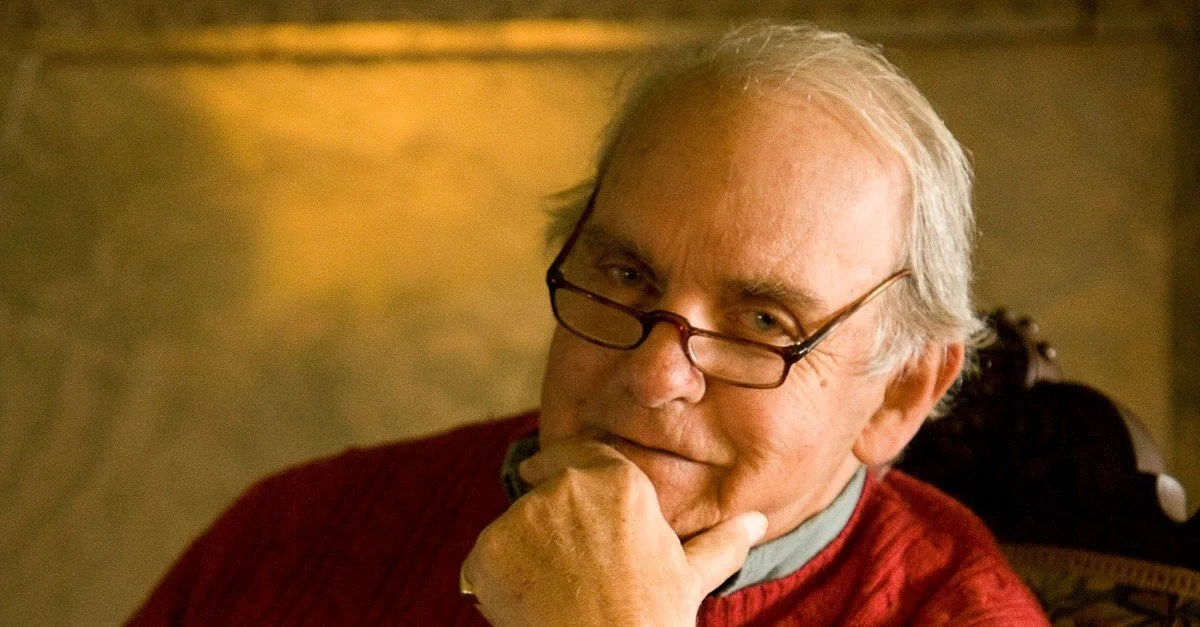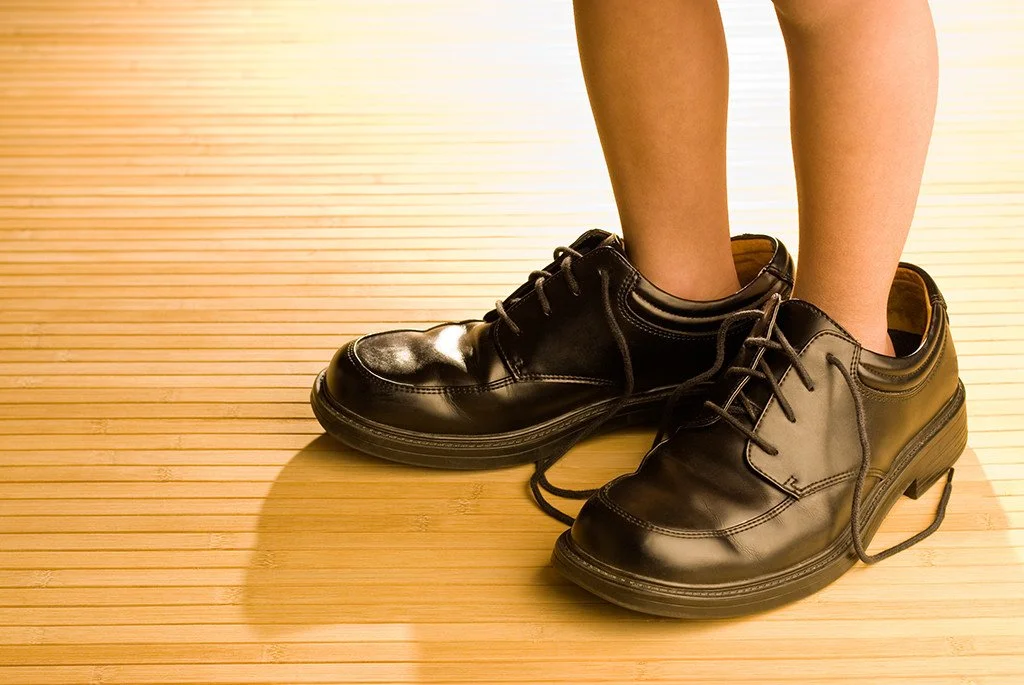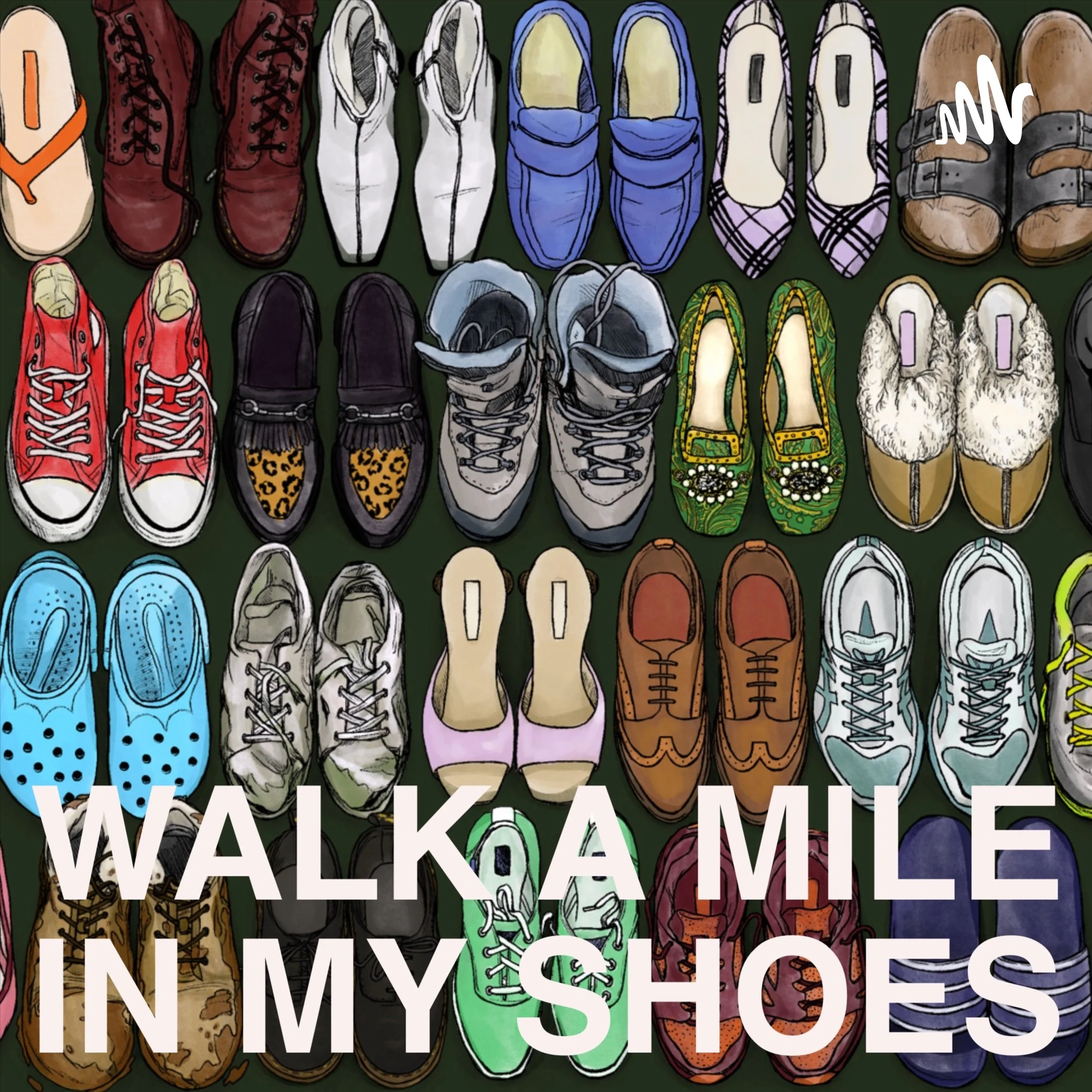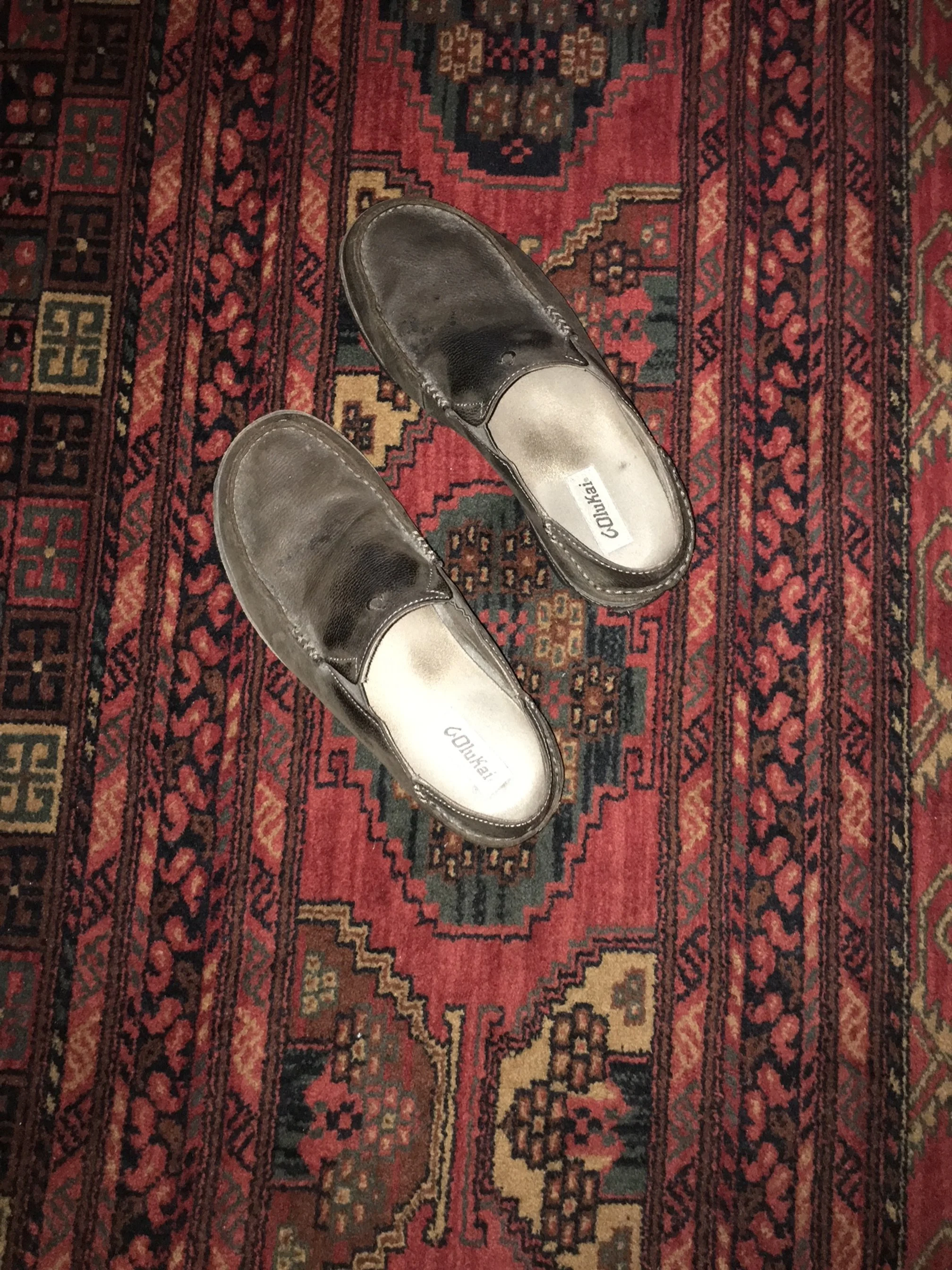Frederick Buechner: Life After Death
Guest Writer: Larry Burton
“So, what do you think about life after death?”
As an Episcopal priest, I have heard that question, or others like it, more times than I care to count. I’ve come to think that the Resurrection event may not cover the question of what happens when we die like I would have thought it did. “But,” a friend said, “that was Jesus. This is me.” Fair enough.
A group of us has been reading Frederick Buechner’s A Crazy, Holy Grace. Buechner, who died at age 96 in 2022, was a prolific author and theologian many of us greatly admire. In part of this book, he imagines a conversation with his beloved grandmother, who has been dead for more than forty years. She tells him that death is like stepping off a trolley car. However, life doesn’t stop but instead continues to a deeper understanding of God’s grace and love. That imagined conversation stopped me in my tracks.
For most of my life as a theologian, I have thought (and taught) something similar, but it was far more abstract and ultimately not entirely satisfying. Buechner has his grandmother put humanity on my abstractness and offers an image of continuity in God that, as I said, stopped me flat. Did I believe what I had been teaching? Yes. No question. But now, the abstract has taken on a form that both challenges and delights.
So, I had my own conversation with my preacher father and stepmother. Both are dead. But they were delighted to talk with me. “Sorry you had to wait so long to understand,” Dad said after I told him about Buechner’s book. (My father was a Buechner fan, so he was way ahead of me. My stepmother added her two cents worth: “I always thought suddenly I’d ‘get it,’ but it didn’t happen that way. There are always new layers or new heights, and my heart! My heart just continues to open wider and wider.”
My words in their mouths? Or their words in my mouth? Buechner’s grandmother challenges her grandson, just as I am challenged. Buechner’s primary point is that memory can be an incredible portal into the wonders of God. So, what do I think about life after death? I am more convinced than ever that, as a beloved child of God, access to the reality of God’s love is far more cosmic, mysterious, and wondrous than I had imagined. It is more than Resurrection; it is a continuing transformation moving toward God’s very heart.
Larry Burton
Joanna https://www.joannaseibert.com/
Frederick Buechner’s birthday was last month on Monday, July 11th. (Also, Stuart Hoke’s birthday. Also, the Feast day of St. Benedict)






